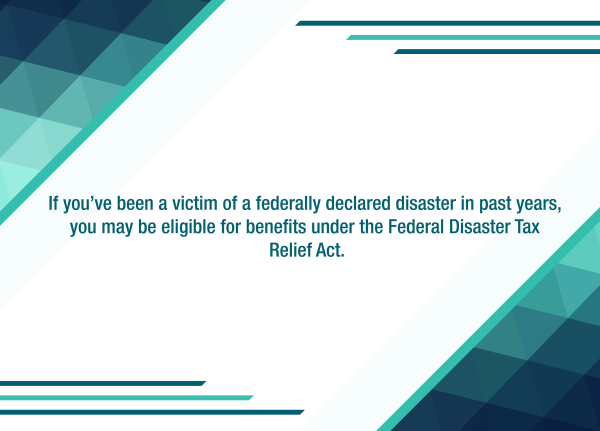By Greg Klein, CPA, Partner
Many Americans are scrambling to figure out exactly how the new income tax bill will impact their personal income tax situation, but beware – these new taxes aren’t the only ones that may soon be hitting your pocketbook.
Taxes with a Purpose
Few would argue that taxes can, and do, affect people’s behavior. While some folks see the tax code as nothing more than a patchwork of rules (and sometimes loopholes), governments around the world have used taxes as a way to improve public health. Taxes levied on market activities that generate negative externalities (economic activities that impose a negative result/cost on an unrelated third party) – known as Pigovian taxes – are generally used to help offset some of those resulting costs. To this end, there are eight jurisdictions in the U.S., as well as several foreign countries, that have begun taxing sugar-sweetened beverages (SSBs). The effects of consuming these beverages can include obesity, diabetes, heart disease, and cancer – which can further lead to a financial loss in gross domestic product via reduced worker productivity.
Mixed Results
Here in the U.S. SSB taxes have had varying degrees of success.
Philadelphia’s measure, which applies a 1.5 cent-per-ounce tax on SSB products and is to be paid by distributors, took effect on January 1, 2017. Revenues from this tax were earmarked for pre-K and other education programs in the city, but Philadelphia media outlets report that the revenues collected from the tax had fallen below projections for each month since it took effect. Further, companies, from Coke and Pepsi to local grocers, have reported their need to lay-off employees in the region due to declining sales resulting from the tax. There are now several challenges to the measure pending.
Chicago’s tax went into effect on August 2, 2017 and was repealed shortly thereafter – mostly due to a rollout that was plagued by various inconsistencies, legal challenges, adamant lobbyists, and consumer boycotts. Additionally, there were early indications that the tax might not raise the revenues proponents had hoped for since county officials originally planned to tax all consumers, but later learned that local governments are prohibited from taxing transactions paid with federal nutrition benefits – which excluded nearly one million citizens in Cook County from the tax.
In both Chicago and Philadelphia, many consumers attempted to circumvent the tax by driving beyond city limits to make their SSB purchases, while others waited for sales to stockpile their favorite beverages. Critics jumped on these issues as proof that consumers weren’t making healthier habits; they were just finding ways to avoid paying the new tax.
Meanwhile, in Berkley, CA – which was the first jurisdiction in the U.S. to implement a tax on SSBs – the measure has been touted as a success, cutting SSB sales by nearly 10% since its 2015 implementation. The recently implemented measures in Boulder, CO and Seattle, WA are still too new to yield significant results.
The Fight Continues
Despite the mixed results, it seems the trend of SSB taxes is not over. Proponents of such taxes highlight the positive effects on people’s health by decreasing consumption of SSBs, as well as the revenue raised to fund public health initiatives; however, opponents argue these are regressive taxes (i.e. taxes that place a higher burden on the poor than the rich) since studies have shown that low-income households consume the most SSBs, and contend that such taxes merely drives SSB sales to other areas that don’t have such taxes.
Be Prepared
If you are a SSB consumer, you should be aware that, depending on where you live, a SSB tax could soon drive up the price of your favorite beverage. If you work in the food and beverage industry in a jurisdiction where SSB taxes are assessed, great care should be taken to ensure compliance with the laws, including collection of the tax, recordkeeping, and filing requirements, including being aware of any exemptions that may be available to reduce the tax burden.
Know that this may not be the only new tax that may be popping up – some investors believe that a “sin tax” on meat production will also soon start being assessed around the world in a bid to improve public health, as well as to meet the goals of the Paris Climate Agreement.
We can help you. Our partners and staff are experienced in the food distribution, retail, and service industries. We understand the unique challenges faced by these industries and can assist you with internal procedures, recordkeeping, and compliance issues associated with SSB tax and/or other taxes on similar products – such as excise taxes and increased sales taxes. Contact Gregory Klein, Stephen Ozen, or Julia Damasco to get started on your SSB tax assessment.
____________________________________
We highly recommend you confer with your Miller Kaplan advisor to understand your specific situation and how this impacts you.



